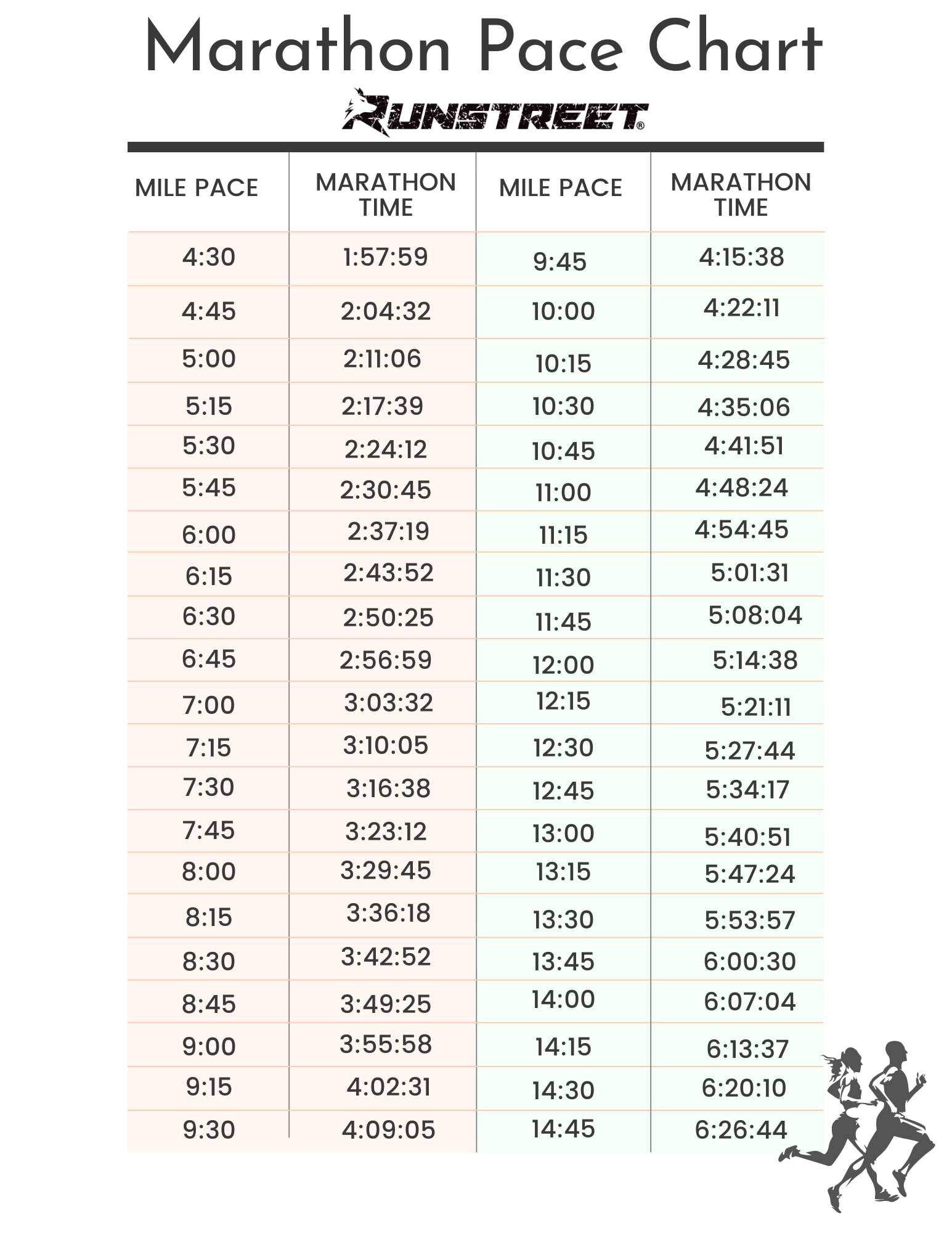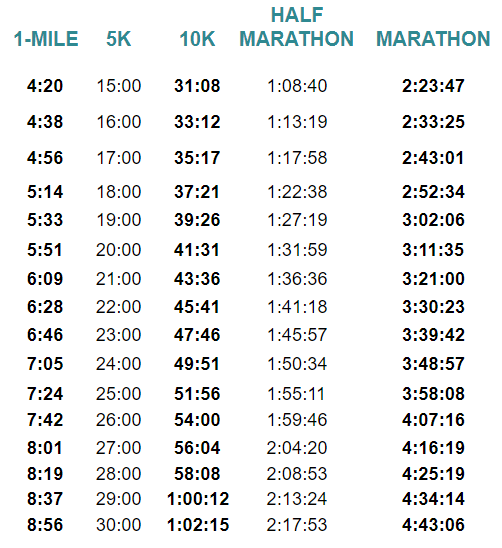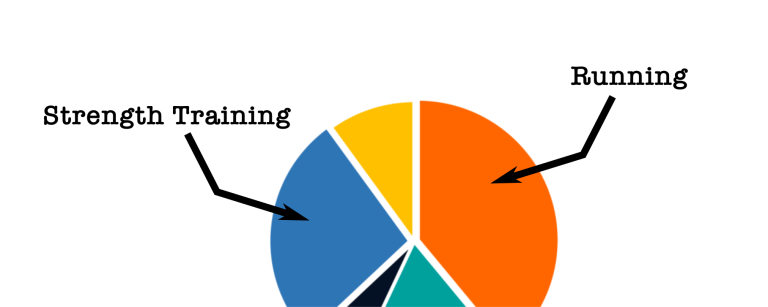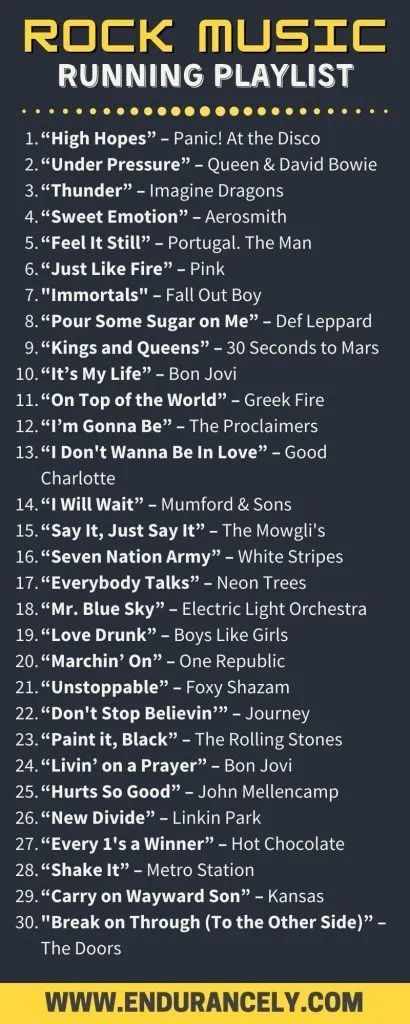What Marathon Time to Aim for
To determine your marathon time goal, consider your current running ability and set a target time that is challenging yet achievable.
Setting Realistic Goals
When preparing for a marathon, setting realistic goals is essential for a successful race. It’s important to assess your current fitness level and consider previous race times to determine a target time. By setting achievable goals, you can enhance your motivation and overall performance while reducing the risk of disappointment.
Assessing Your Current Fitness Level
Before determining a marathon time goal, it’s crucial to assess your current fitness level. Consider factors such as your recent running mileage, average pace, and overall physical condition. This self-evaluation will provide a realistic starting point for your training and help you set a target time that aligns with your current abilities.
Considering Previous Race Times
Reflecting on your previous race times, if applicable, can offer valuable insights into your potential marathon performance. Analyze your times from past races, especially longer distance events, to gauge your progress and identify areas for improvement. This information will guide you in setting a challenging yet attainable time goal for your upcoming marathon.

Credit: www.all-about-marathon-training.com
Factors Affecting Marathon Performance
Optimizing marathon performance involves considering factors like training intensity, nutrition, rest, and mental preparation. Setting a realistic marathon time goal based on individual fitness level and experience is crucial for a successful race. Consistent training and proper planning are key to achieving your desired marathon time.
Factors Affecting Marathon Performance When it comes to marathon running, there are several factors that can significantly impact your performance on race day. It’s important to consider these factors when setting your marathon time goal, as they can help guide your training and preparation. In this article, we will explore three key factors that play a crucial role in marathon performance: Training Intensity and Consistency, Nutrition and Hydration, and Sleep and Recovery.Training Intensity And Consistency
Consistency and intensity are two key elements to achieving your desired marathon time. Consistency implies having a well-planned, long-term training program that gradually builds up your mileage and endurance over time. Following a consistent training schedule will help your body adapt to the demands of running a marathon, reducing the risk of injury and improving overall performance. In addition to consistency, training intensity is crucial for improving your marathon time. By incorporating speed work, tempo runs, and long runs into your training plan, you can challenge your body to become faster, stronger, and more efficient. Increasing your training intensity gradually over time allows your body to adapt and improve without overwhelming it with sudden changes.Nutrition And Hydration
Proper nutrition is key to fueling your body for marathon training and race day. When it comes to marathon running, your body needs a balanced diet to ensure optimal performance. Consuming a variety of nutrient-rich foods, including carbohydrates, proteins, and fats, can help provide the energy and nutrients your muscles need to perform their best. Hydration is equally important. Maintaining proper hydration throughout your training and on race day can prevent dehydration and keep your performance at its peak. Make sure to drink enough fluids before, during, and after your runs to replenish lost fluids and electrolytes. A good strategy is to listen to your body’s thirst cues and drink accordingly.Sleep And Recovery
Adequate sleep and recovery are often overlooked but critical factors in marathon performance. Your body needs sufficient rest to repair and rebuild muscles, allowing for adaptations and improvements in performance. Aim for at least seven to nine hours of quality sleep each night, as this can help optimize your training and recovery process. In addition to sleep, incorporating rest and recovery days into your training plan is essential. Giving your body time to recover between intense workouts allows for muscle repair and prevents overtraining. Utilize rest days to engage in active recovery activities like stretching, yoga, or low-impact exercises to promote blood flow and aid in muscle repair. By considering and optimizing these key factors – Training Intensity and Consistency, Nutrition and Hydration, and Sleep and Recovery – you can improve your marathon performance and work towards achieving your desired marathon time. Take the time to analyze and adjust these areas of your training and daily routine to unlock your full potential as a marathon runner.Choosing A Realistic Marathon Time
When it comes to running a marathon, one of the biggest questions is, “What marathon time should I aim for?” Setting a realistic goal time is crucial to ensure you have a well-paced race and make the most of your training efforts. In this section, we will discuss two important factors to consider when choosing a realistic marathon time: understanding pacing strategies and accounting for course difficulty.
Understanding Pacing Strategies
Pacing is a key element in marathon running and can significantly impact your performance. It’s important to have a clear understanding of pacing strategies to determine a realistic goal time. Here are a few pointers to keep in mind:
- A Consistent Pace: Maintaining a steady pace throughout the entire marathon is essential for optimal performance and avoiding burnout. It is generally recommended to aim for a slightly slower pace in the early stages to conserve energy for the later miles.
- Negative Split vs. Even Split: Some runners prefer to run the second half of the race faster than the first half (negative split), while others aim for an even pace throughout. Consider your training, fitness level, and personal preferences when deciding which strategy is best for you.
- Using Mile Markers: Familiarize yourself with the mile markers along the course to track your progress and adjust your pace if needed. Breaking down the distance into smaller segments can help you stay focused and maintain a steady rhythm.
Accounting For Course Difficulty
The difficulty of the marathon course can greatly impact your target time. Here are some factors to consider when accounting for course difficulty:
- Elevation Profile: Analyze the course’s elevation profile to determine if there are any challenging climbs or steep descents. Factor in how this may affect your overall pace and energy levels.
- Weather Conditions: Take into account the potential impact of weather conditions, such as high temperatures or strong winds, on your running performance. Adjust your goal time accordingly.
- Course Terrain: Consider the type of terrain you will be running on, whether it’s road, trail, or a mixture. Different terrains can affect your stride, stability, and overall efficiency.
- Course Specifics: Research and gather information about the specific marathon course to understand any unique challenges it may present. Factors such as turns, narrow paths, or crowded areas can impact your running pace.
By considering these pacing strategies and accounting for the course difficulty, you can choose a realistic marathon time that aligns with your capabilities and allows you to enjoy a successful and satisfying race.

Credit: www.reddit.com
Utilizing Race Time Predictors
Wondering what marathon time to aim for? Utilize race time predictors to estimate your potential finish time based on shorter race results. By inputting your recent performance, these tools can provide a guideline for setting realistic goals and planning your training.
Achieving a specific marathon time requires careful planning and strategy. Utilizing race time predictors can help you set realistic goals and tailor your training to meet those targets. By analyzing your recent race performance and using online calculators and tools, you can gain valuable insights into what marathon time you should aim for. Let’s explore these approaches in more detail.
Using Recent Race Performance
Consider your recent race performances, particularly in half marathons or longer races, to gauge your current fitness level. Use these performances as a benchmark to estimate your potential marathon time. For example, if you recently completed a half marathon in 1 hour and 45 minutes, various race time predictors can help extrapolate your potential marathon finish time based on your performance in the shorter race.
Online Calculators And Tools
Online race time calculators and tools are valuable resources for projecting your marathon time based on your previous race results. These calculators take into account factors such as distance, pace, and terrain to provide an estimate of your potential marathon finish time. By inputting your recent race performance data into these tools, you can obtain a realistic target time for your upcoming marathon.
Adjusting Goals As Needed
Adjusting Goals as Needed:
Listening To Your Body During Training
Listen to your body’s signals during training sessions.
Evaluating Progress Throughout Training
Track your progress consistently to evaluate your improvements.

Credit: www.runstreet.com
Frequently Asked Questions For What Marathon Time Should I Aim For
How Do You Know What Time To Aim For A Marathon?
To determine the time to aim for in a marathon, consider factors like your current fitness level, previous race times, and training progress. Setting realistic goals that challenge but do not overwhelm you is important. Consulting a running coach or using online calculators can help you estimate a target time.
Remember, everyone’s pace and abilities vary, so focus on your personal improvement rather than comparing with others.
What Is A Good Marathon Time For A Man?
A good marathon time for a man varies depending on factors like age, fitness level, and experience. However, a time around 3 hours and 30 minutes is generally considered good for an average male runner. Regular training and dedication can help improve performance.
How Do I Choose My Marathon Goal?
Choosing a marathon goal involves considering your fitness level, previous race times, and training commitment. Set a realistic target based on your current abilities and focus on gradual improvement. Factor in the race course, weather conditions, and any personal goals to establish a challenging yet achievable marathon goal.
Conclusion
Aim for a marathon time that challenges you yet feels achievable. Setting a realistic goal will help you stay motivated and focused during training. Remember to consider your current fitness level, the race course, and any previous race performances when determining your target time.
Happy running!






